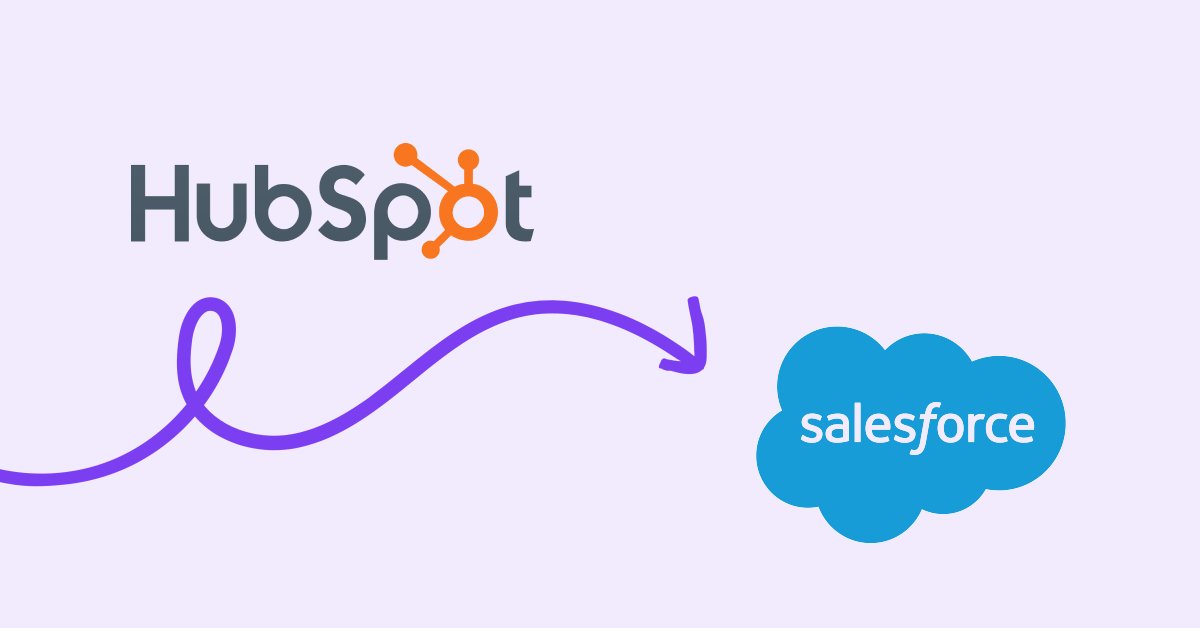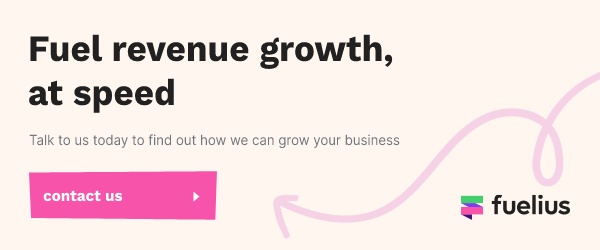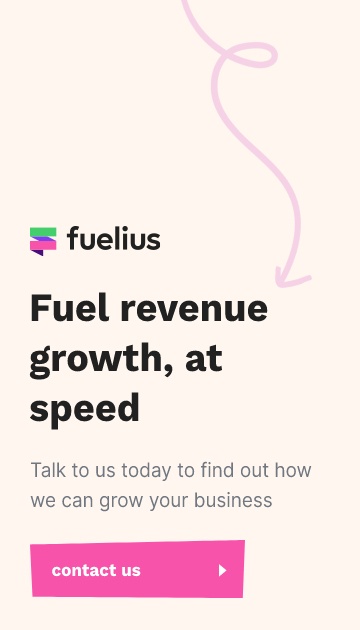
In today's day and age, people are becoming more disconnected; however, it's crucial that when it comes to the customer, they are connected. It's important for businesses to understand how vital it is to address disconnected systems, data, people, CRM platforms and customers.
In terms of CRMs, there are two main platforms that growing businesses take a shine to, these include Salesforce and HubSpot. Both platforms offer sophisticated capabilities and features. However, depending on your business needs and requirements may influence which is most suitable for you. Which will suit your goals? Which is more cost-effective? Selecting the right platform to scale your business is crucial.
It's a given that you should select a platform that suits your business's needs, offers professional features and provides exceptional customisation. However, if your team does not know how to use the platform to its complete potential then it may be a waste. It's a good idea to balance your decision on both advanced functionality, as well as usability.
What is HubSpot?
HubSpot is a fantastic all-in-one platform, with different pricing options, as well as different feature tiers depending on business requirements. In addition, there are several contact tires and add-ons to be mindful of.
Benefits of HubSpot
There are many benefits of HubSpot, firstly, consistency is a big one. The platform has been created with a unified codebase so that the UI is consistent across each department. This means that it is more than just aesthetically pleasing and the shared UI ensures each team is being given access to cross-functional information, as well as easily collaborate with customers, understand a unified look on a consumer's journey and complete tasks simply, all in one platform.
In addition, users are given access to free educational and training resources. If you choose to sign up with HubSpot, to really take advantage of the investment, each user will be partnered with a customer service manager.
To help your organisation grow even further, you may choose to work with a HubSpot partner agency. This may help you to onboard effectively onto the platform, leverage its potential and be provided with an enablement strategy.
What is Salesforce?
Salesforce is a CRM solution that helps to bring customers and companies together. The platform integrates each department including sales, marketing and service, to give a shared view of all customers.
Benefits of Salesforce
Similar to HubSpot, Salesforce has a range of great benefits. The platform benefits from improved time management, helping a business to thrive. With better access to customer information and useful tools, it helps to save time and turn leads into customers.
Trusted reporting is also another benefit. Often data can get lost, however, with this solution it is easy to keep track of data from app information, social media and more and analyse it.
The costs of Salesforce?
Salesforce is often considered complex with detailed functionality and customisation. With this comes higher costs that may negatively impact businesses with a lower budget. Each platform also looks and works differently, which may potentially impact the data structure between each platform.
Utilising resources to effectively use Salesforce
When using this platform, resources will need to be dedicated to first setting up and managing the system. A third-party application marketplace has been built, however, these usually need developer support to build out the personalisation features needed to capture particular functions. Being reliant on your chosen partner organisation to help with training can also often be a burden.
Extra functionality may be needed
With Salesforce, not all features will be available initially and therefore extra costs may be added in order to access these. Such as bespoke customisation, licence purchases and tire upgrades, making the platform slightly more complicated.
As an example, to increase customisation, extra dev resources will need to be added, along with extra training. This will increase costs as well as functionality, especially if a trained developer leaves the team. The more customisation is needed the more requirements will also be needed. And the more partner organisations, developer support and internal admins needed will also ramp up the cost.
If your business truly requires customisation, then Salesforce is a great platform, however, it is important to consider the extra hidden costs.
A connected CRM: HubSpot
On the other hand, HubSpot is simple to use and end users can easily use their intuition. The simple navigation of the UI does not take anything away from the advanced functionality. For those quick-paced companies, features such as programmable automation, custom objects and partitioning help to keep teams aligned and improved data structure. There is full flexibility when it comes to customising the platform.
The customisation capabilities of this platform help to enable your business to boost the accuracy of data and transform data points into a legible format. This helps to ensure team members will be able to adopt the platform from the start.
Fuelius is a HubSpot Elite Partner, we can see that users can leverage the platform through a connected solution, as well as take advantage of all of the features and easily onboard the team, helping to meet service, sales and marketing goals. From the initial onboarding to platform customisation, your team should easily be able to navigate around the platform as your business grows.
Do you want to get started with HubSpot? To find out how we can help you, book a call.





